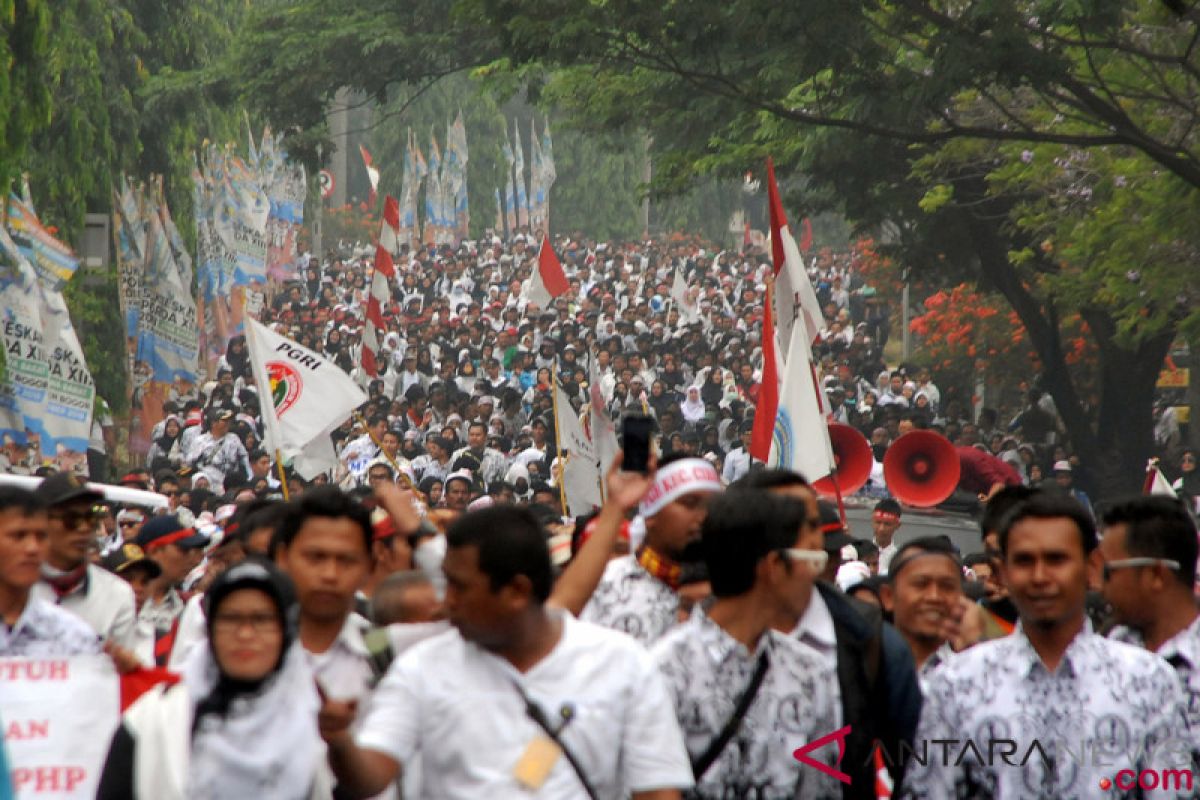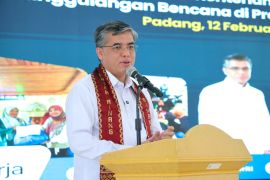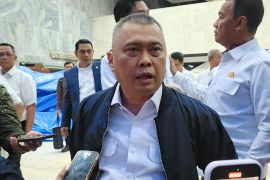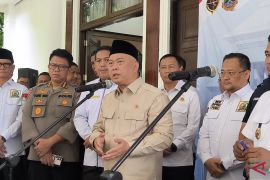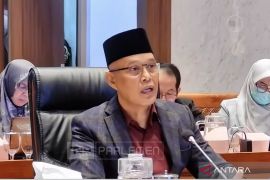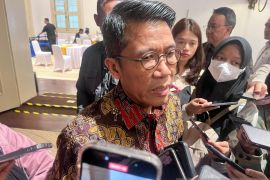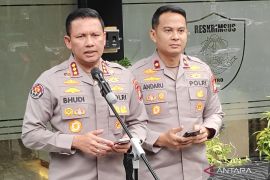The stories are diverse, ranging from the problems of honorary teacher welfare, students or student delinquency, relationships between students and guardians, legal issues that ensnare students to problems that affect teachers.
One of them is the story on the life of a teacher named Baiq Nuril in West Nusa Tenggara (NTB), who was convicted of defaming a man she accused of sexually harassing her and was sentenced to six months in prison. The defense by various parties finally resulted in the postponement of Nuril`s execution of the sentence, which should have been carried out for six months.
The story of Nuril and other stories related to other teachers have become a reality in the last few days. The stories were remembered in conjunction with the commemoration of Teachers` Day on November 25th every year.
Teachers` Day is celebrated every year on Nov 25. The National Teachers` Day was determined by the Government of the Republic of Indonesia, in accordance with Presidential Decree No. 78, 1994.
In recent times, various opinions have been presented by a number of parties related to teachers? issues. The point is that the teaching profession must get attention from various sides, in terms of both welfare and legal protection, to fulfill the needs of teachers.
The employment status is also an issue. There are millions of teachers who have taught for years with honorary status. They are spread throughout the territory of Indonesia; from Sabang to Merauke and from Miangas to Rote Island.
But they cannot automatically become civil servants by participating in the prospective civil servants selection because of the requirements that may not be fulfilled.
In terms of welfare, many of their stories have been submitted to the public. With their status being temporary teachers, the level of their welfare is highly dependent on the financial capacity of the local government.
The Government of Garut District, West Java, for example, is only able to provide Rp200 thousand per month to honorary teachers. The figure is still far from Garut Distri Minimum Wage (UMK) standard of Rp1.6 million per month.
Indeed, Rp200 thousand is not enough, but that is the ability of Garut Regional Budget, Garut District Head Rudy Gunawan stated, on the sidelines of massive action of honorary teachers at the Garut Parliament Building, on Tuesday (Sept 16).
The Garut District Government is only able to allocate a budget of Rp16 billion to pay honorary teachers in Garut. The budget provided by the Garut District Government for teachers is higher than the previous year, when only Rp100 thousand was provided per month.
The Rp200 thousand honorarium was only for this year. Previously, it was only Rp100 thousand. Funds allocated to honorary teachers are a form of attention by the local government to teachers. Whatever the status, the existence of honorary teachers has an important role in building the education in Garut.
The story of honorary teachers in Garut is only a small part of the diverse fate of teachers who are still awaiting the certainty of their future in carrying out their profession as educators. There are still many stories; from those being paid in full (ikhlas) to those being paid with garden produce.
Political Commodities
This issue was highlighted by Indonesian House of Representatives Commission X member Anang Hermansyah, who focused on the welfare of the teachers.
The point is to improve the fate of teachers through two aspects, namely improving their life standards and increasing capacity.
Hermansyah remarked that the issue of teacher welfare is still a crucial issue for teachers with private and honorary status. The issue of honorary teachers will be an iceberg in the long term, so that the state must have a strong determination to solve this problem.
At present, according to data from the Ministry of Education and Culture, there are 1.5 million honorary teachers in Indonesia, consisting of non-civil servant teachers in 735 thousand public schools and non-civil servant (PNS) teachers in 790 thousand private schools.
The temporary teachers should be given opportunities to take the CPNS test to become civil servants. This is because of their services that have been provided so far.
Hermansyah revealed that the government should seek the formulation for the honorary teachers, so that their fate would be guaranteed. The government is responsible for their fate.
The next problem is the increase in teachers? capacity, equally distributed in cities and villages. The teachers? capacity is a manifestation of the demands of the times for creative and innovative teachers.
The government must ensure that teachers` capacity would increase. Increase in human resource of teachers will produce quality students.
The end process is to increase the human resources of Indonesian teachers.
Amidst the momentum of the political year, Hermansyah reminded teachers not to become political commodity of the political elite. Political promises to teachers usually emerge from every momentum of politics, such as the general election.
According to him, teachers must not be involved in short-term political affairs. Teachers should be honored by presenting policies that are beneficial to them, and they should not be used as political objects.
Editing by Rahmad Nasution
Reporter: Eliswan Azly
Editor: Heru Purwanto
Copyright © ANTARA 2018
